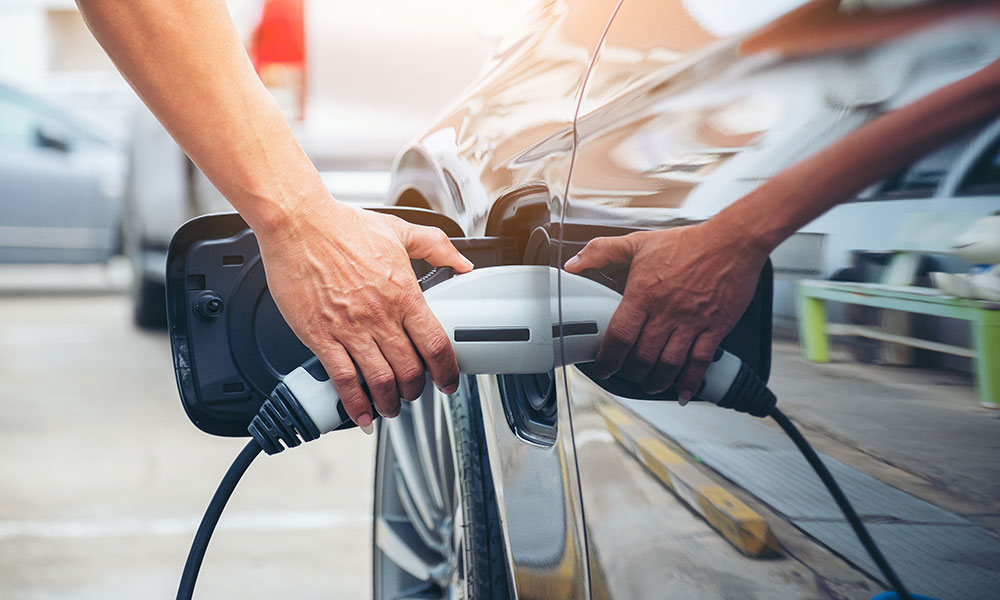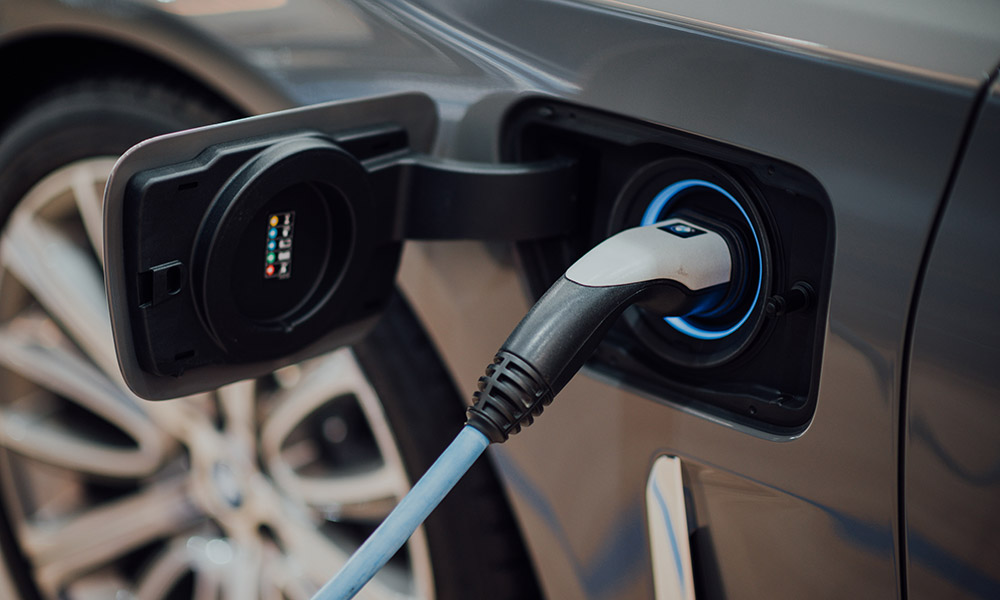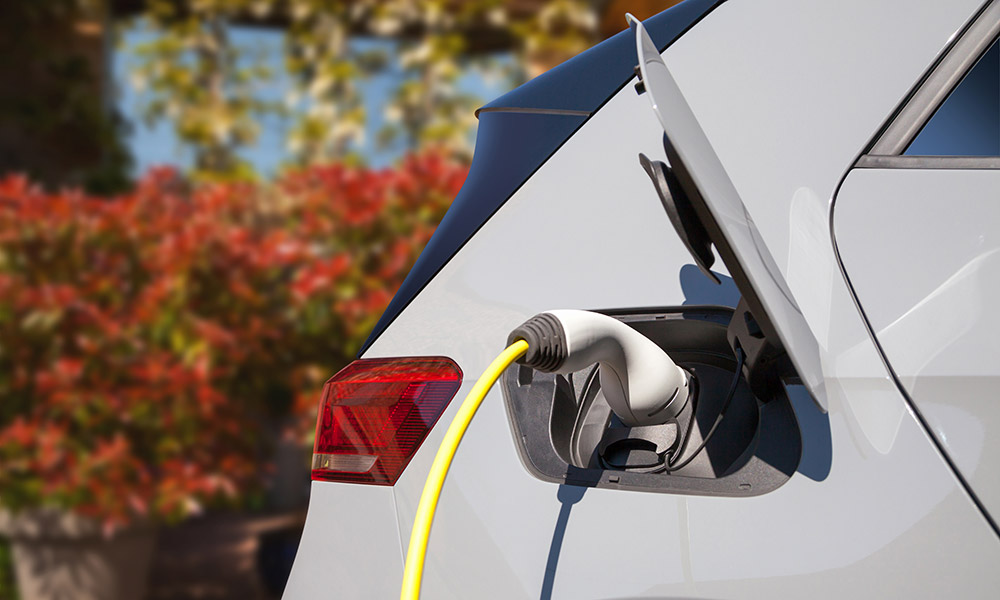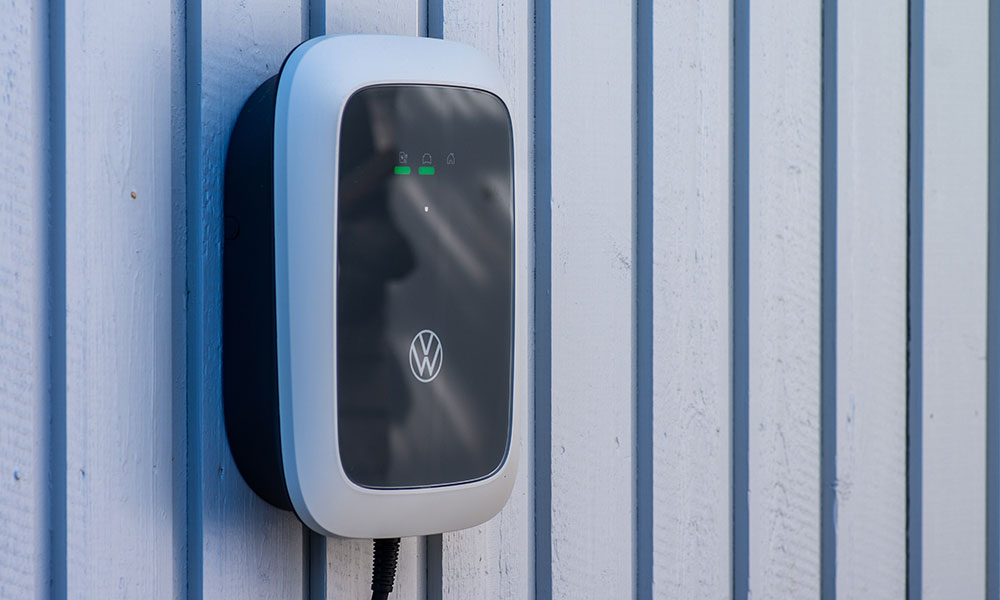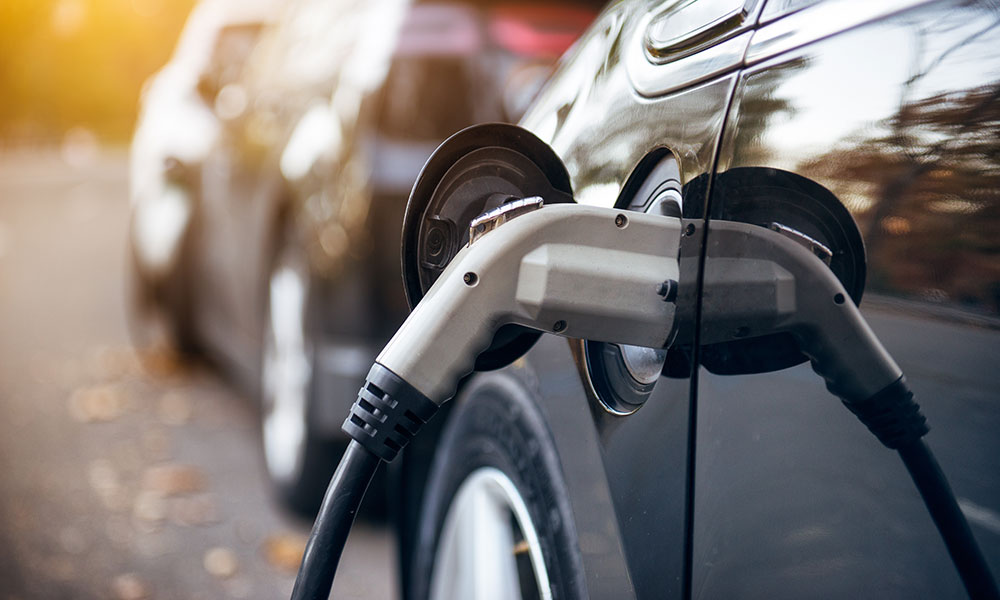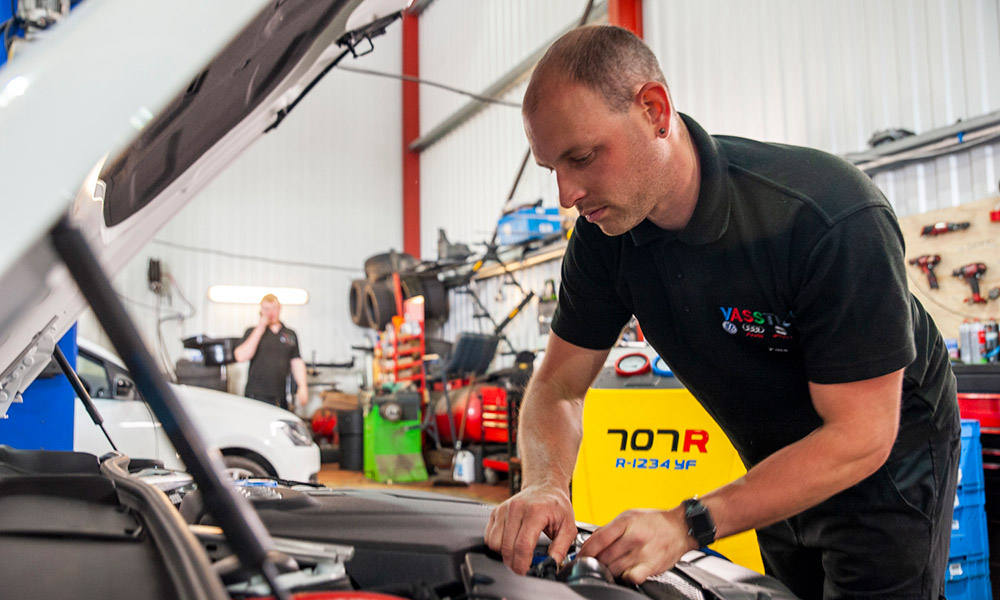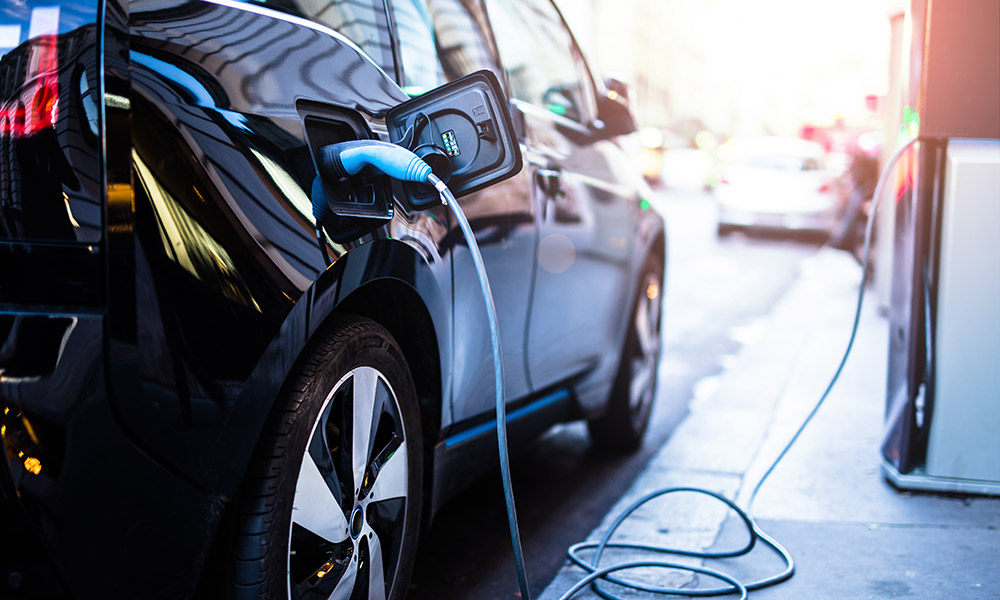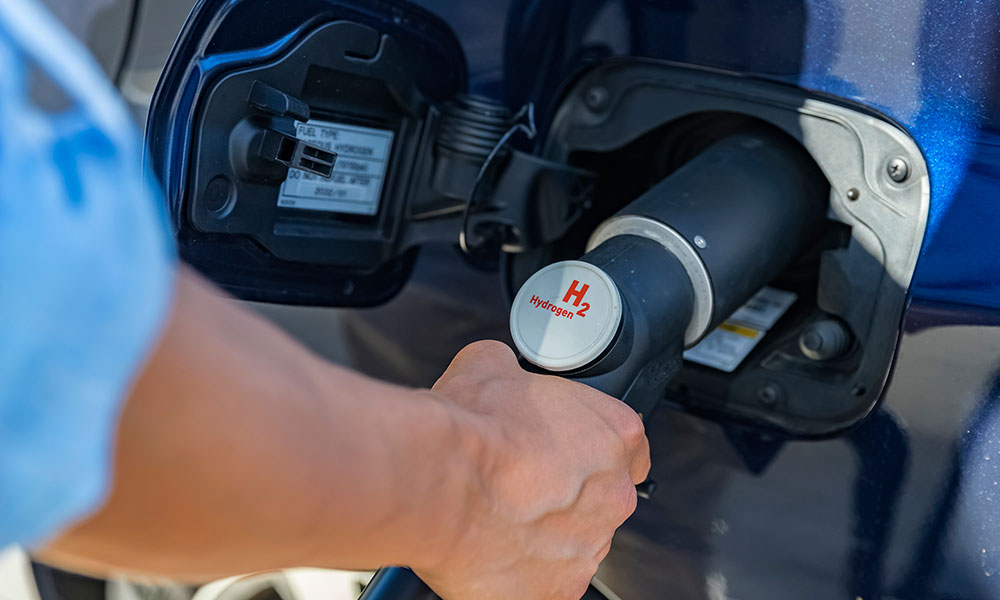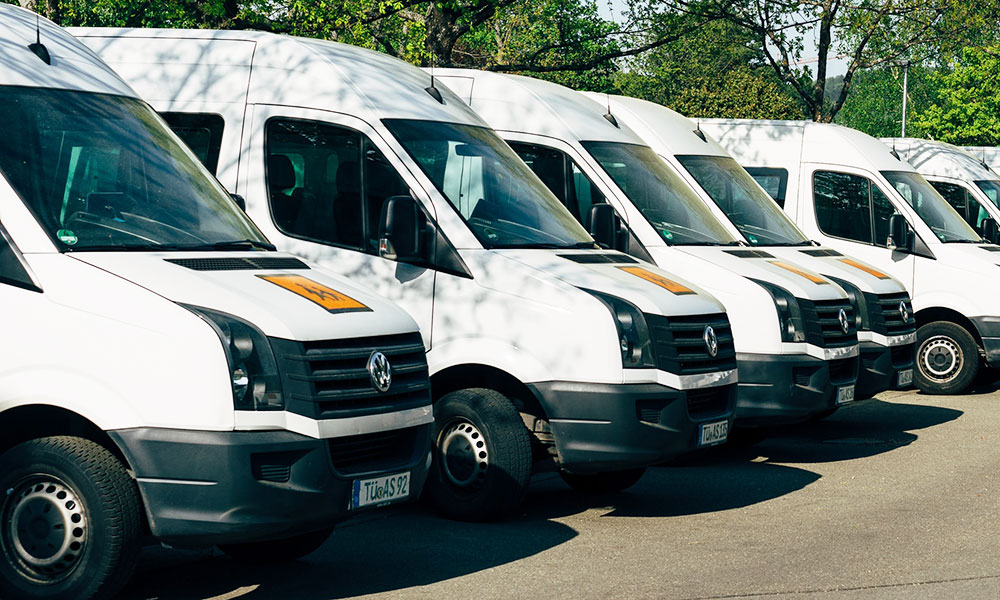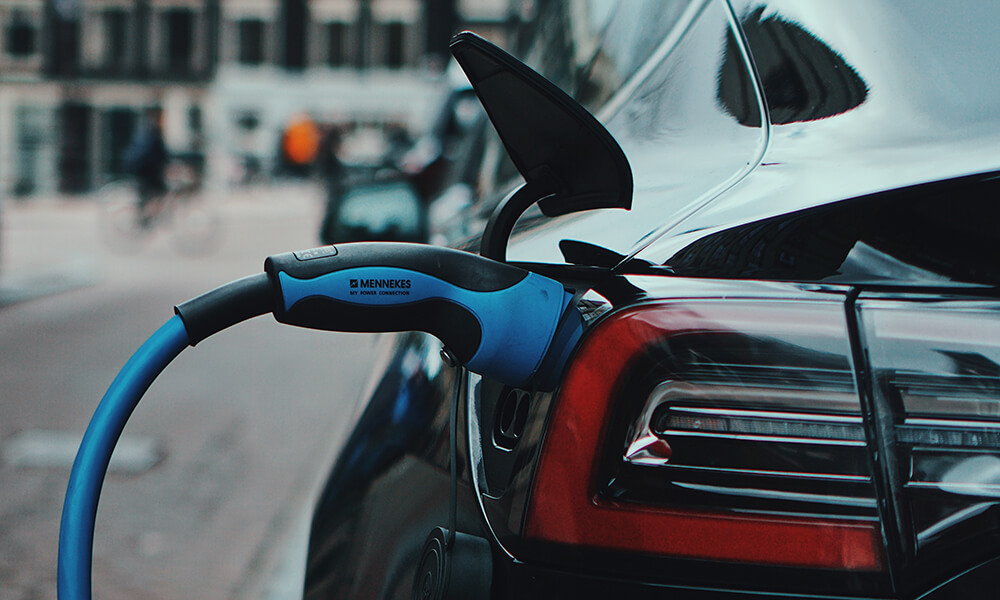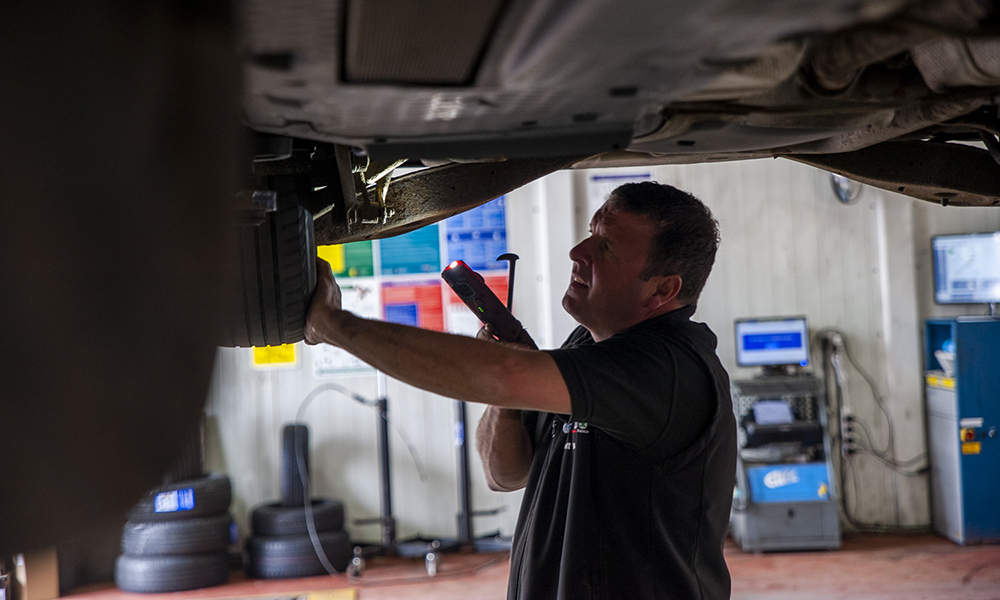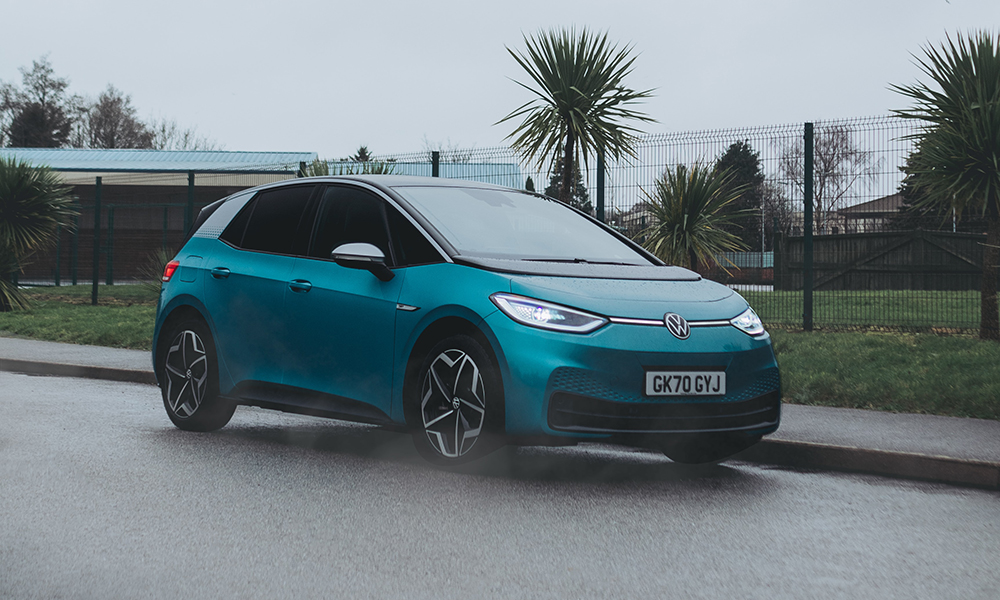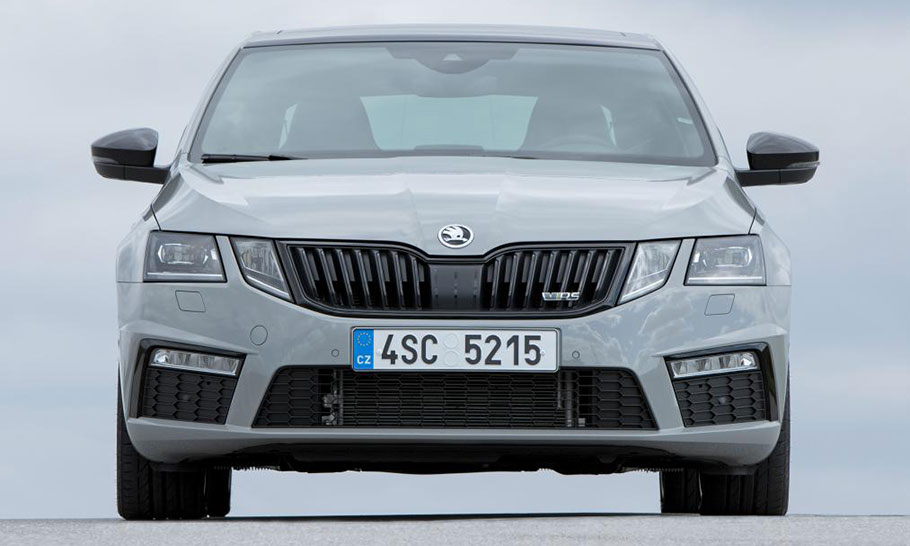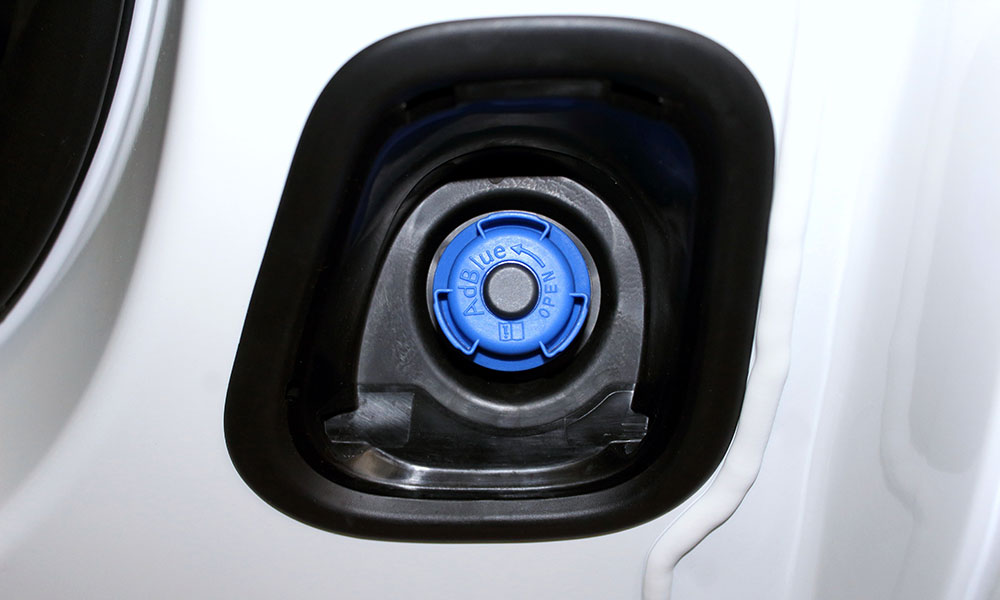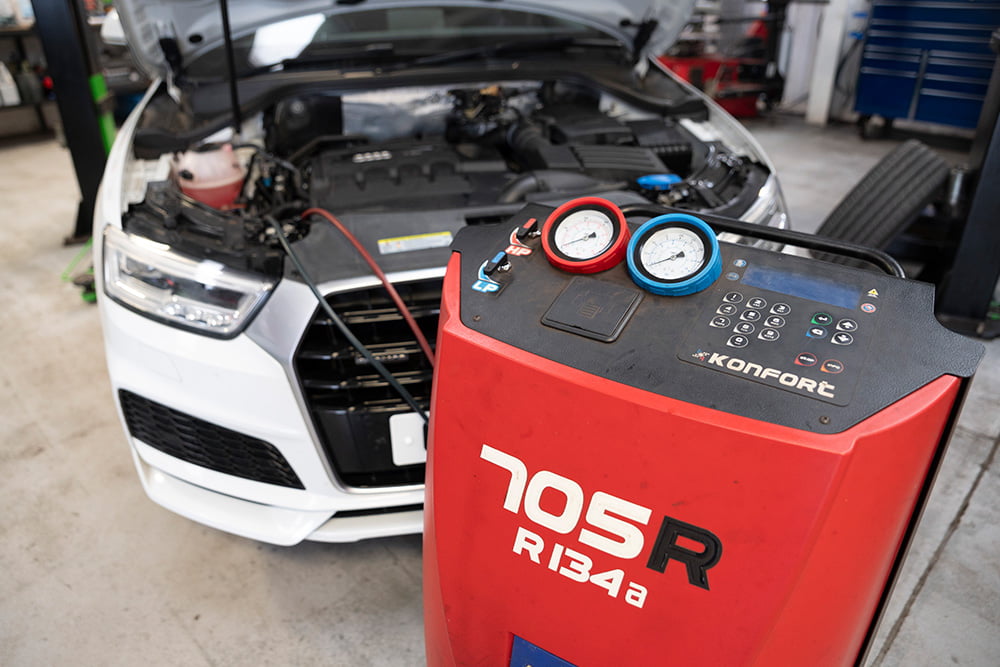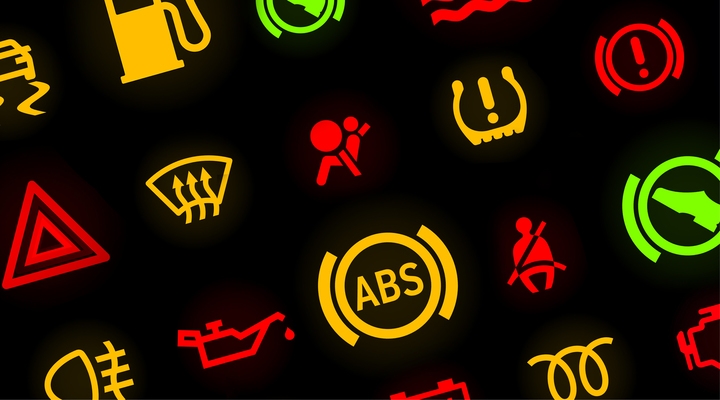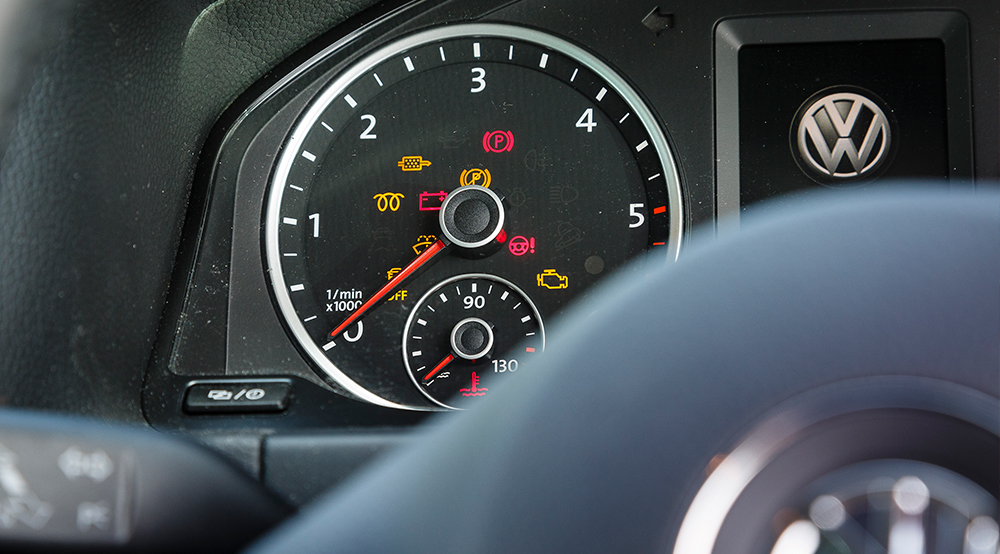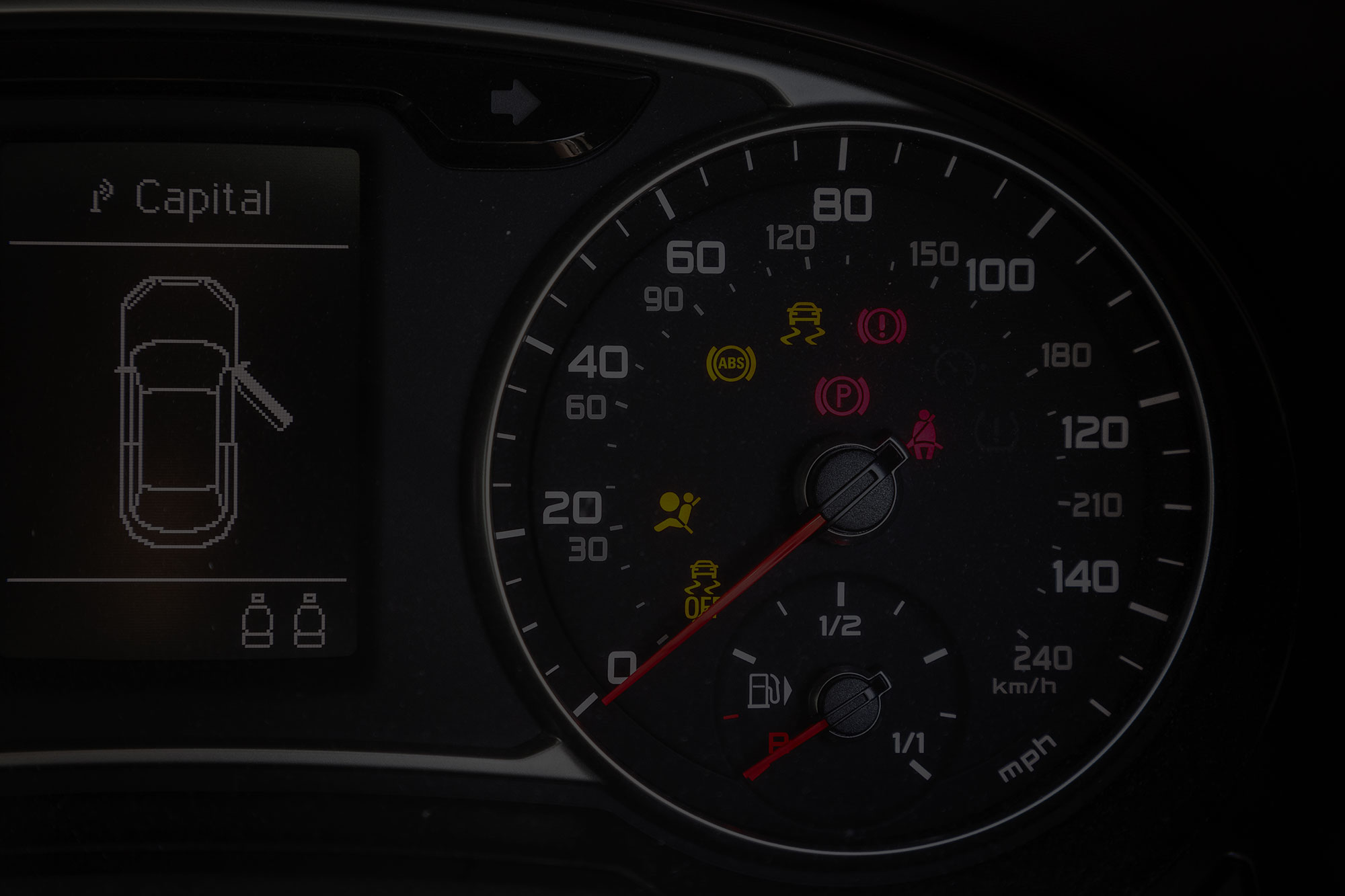The state of EV charging in 2023
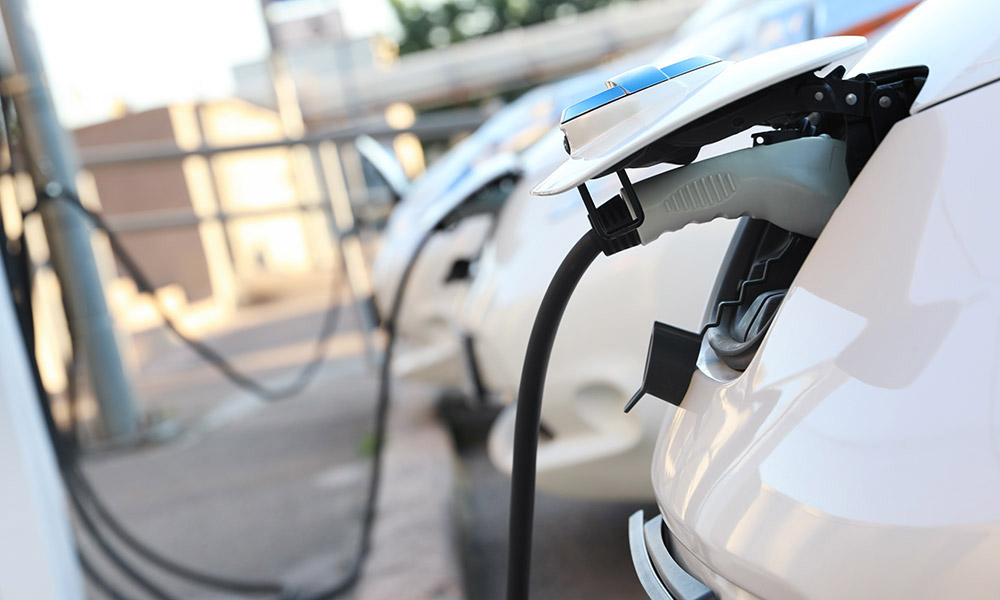
With the entire world looking to adopt a more eco-conscious way of living – paired with the ever-rising prices of fuel across the UK – it’s no surprise that the electric vehicle market is booming.
So much so, the UK government has proposed a ban on new sales of conventional cars by 2035, alongside predictions that by 2025, around 20% of new cars sold globally will be electric.
Though these figures look incredibly positive, they’re also very ambitious, which poses the question: does the UK have the EV charging infrastructure to facilitate this growth? 2022 was the best year yet for EV sales, with 267,203 new EV registrations in the UK alone. And it only looks to keep going up in 2023.
Range anxiety is definitely one of the main blockers hindering the mass adoption of EVs, but as we see more EV charging across the UK, things could quickly start looking up. So, let’s see what the state of EV charging infrastructure looks like at the start of 2023, and what we can expect as we drive into our future.
Electric charging infrastructure on the road
2022 was the year where significant headway was made on the EV infrastructure front, but realistically, this is just the beginning.
As of January 2023, government data highlights that a total of 37,055 public electric vehicle charging devices were installed in the UK – a whopping 31% increase compared to the previous year.
Types of charging locations
Clearly, the market is picking up, and the government data offers further insight into the spread of infrastructure across the UK. Out of the 37,000+ charging stations for electric cars, the majority (49.4%) are located at ‘Destination’ locations, i.e. places where drivers would typically be stopping off for a significant amount of time – perfect to totally top up the tank.
Similarly, charging devices at ‘En-route’ destinations saw an increase too, which are charging stations located in the middle of a driver’s usual journey, such as at motorway service areas, service stations and ferry terminals.
On the other hand, 32.4% of these chargers were located on residential streets, referred to as ‘On street’ chargers.
Geographical distribution
At the minute, our EV charging stations are distributed rather unevenly across the UK. Naturally, London is equipped with the most charging devices out of all the UK regions, boasting 131 devices per 100,000 people – or, one third of the total electric vehicle charging infrastructure in the UK.
Whether this be a standard wallbox charger at home or an ultra rapid charger you might find on your road trip down the motorway, EV charging infrastructure varies. But to put things simply, it’s an infrastructure system or network to recharge electric vehicles.
EV charging is a piece of equipment, or a network, that recharges an EV using electricity. As opposed to a conventional, fossil fuel-powered vehicle, using electric as an alternative fuel is a much more eco-friendly means of powering a vehicle.
Many electric vehicle owners have their own electric vehicle charging infrastructure at home, or you can find EV infrastructure in service stations, company car parks and so on. As it stands, the highest density of charging stations for electric cars is in London, but this is increasing as we speak.
Last year however, the West Midlands and Wales saw the biggest increases in EV infrastructure, whereas Yorkshire and the North West unfortunately saw the least. This lack of infrastructure can be attributed to various factors, such as the rules, licences and the complex maze of planning permissions that need to be arranged to get to work.
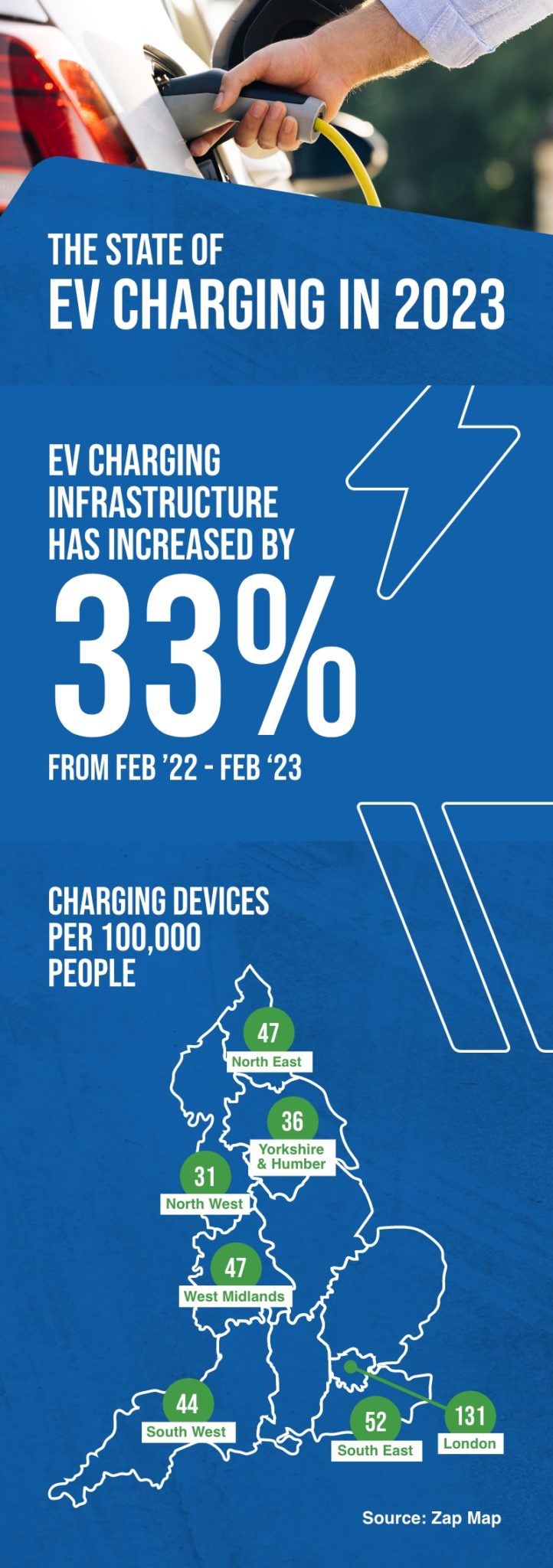
We’re always trying to help our customers reduce their environmental impact, and implement sustainable plans so drivers in the north can do their bit for the good of our planet. That’s why we’ve got EV charging points at all our branches – Vasstech Knaresborough, Durham, our Northallerton garage, Vasstech Darlington and Teesside – so our customers can drop their EV off for repairs or servicing and leave fully topped up and ready to go.
Yes! Nowadays, most electric vehicle owners opt for getting their own charging device installed at home to charge up overnight and be fully topped up for the next day, rather than charging up on-the-go.
Having your own EV charging point at home will save you a lot of stress. However, it’s important that this is installed by a trained electrician – never do it yourself, it takes an expert.
New builds and government grants
As we know, the UK government is keen to get the EV takeover well underway, imposing rules, regulations and a few attractive incentives to push forward the electric market.
From June 2022, any new homes or buildings in England must be fitted with charging stations for electric cars. Essentially, any building that has access to parking must also have access to a charger. For residential homeowners, this will eliminate the need to fork out for charger installation.
To convince UK drivers to make the sustainable switch to electric, various grants were launched throughout 2022 as a monetary incentive, including the Electric Vehicle Homecharge Scheme (EVHS). However, this was dropped in April 2022 in favour of the EV chargepoint grant, which works to provide up to 75% of funding towards the initial installation cost at domestic properties across the UK.
Published by the government and Ofgem, further plans are in place to harness and maximise the true potential of the electric market. Labelled the Electric Vehicle Smart Charging Action Plan, the scheme highlights all kinds of smart charging schemes to make it an easier choice, allowing homeowners to save money and stay sustainable at the same time.
The plan outlines possibilities such as allowing motorists to power their homes using the electricity stored in their EV – a groundbreaking possibility that could make significant headway towards our carbon neutral future.
The different types of EV charging
Speed of charging
How fast can an electric vehicle reach full charge? This is probably one of the most important things people consider when buying an electric vehicle. As always, this depends on a number of factors, including your car and the speed of your chosen charger. However, here’s a brief breakdown:
- Trickle charge: This is the slowest method of charging up your EV, and best used if you aren’t in any rush to get anywhere – charging overnight at home, for instance. It works by slowly increasing the charge over time, preventing heat damage buildup, and is done using a standard three-prong 220V plug.
- Fast charge: Fast charging has become a lot more common in the past year, with the most common option being a 7kW, allowing you to refill your car in around 6 hours.
- Rapid charge: And of course, rapid charging is the fastest way to charge up your EV, allowing you to fill up the tank in under an hour!
Out of the 37,000+ chargers installed in the UK as of January 2023, 6,887 of those were classed as ‘rapid’ devices, 19% of the total data. Much higher on the scale were fast chargers, which represented 57% of devices, or 21,255.
Though the speed of electric charging doesn’t (yet) rival the speed of filling up at the pump, the EV charging in the UK is definitely on the rise. Keep your eyes peeled for charging in a matter of minutes…
Types of charger
Just as there are different speeds of EV charging infrastructure, there’s also different charging types too:
- Wall outlet: A standard wallbox is your typical changing device, involving the simple practice of plugging in your vehicle to a household outlet on the outside wall. Similar to plugging in your phone! However, it can be slow.
- AC charge: Resembling an extension cord for your electric vehicle, AC chargers allow you to plug in to a source at any time without worrying about finding a wall outlet.
- DC charge: The strongest, fastest type of charger, DC charge is not quite as common and specialist equipment is required to handle this type of power.
The future is electric
Clearly, 2022 was a busy year for electric vehicle charging infrastructure, and 2023 looks to be just the same. Before long, EV charging companies in the UK will be picking up the pace and our infrastructure will be unbeatable, ready for a total EV takeover.



